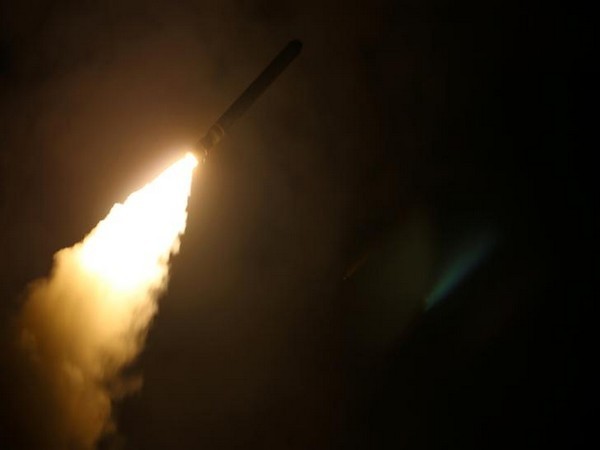Ukrainian drones damage Russian oil refineries in second day of attacks
Russia and Ukraine have both used drones to strike critical infrastructure, military installations and troop concentrations in their more than two-year war, with Kyiv stepping up attacks on Russian refineries and energy facilities in recent months. A day after seriously damaging Lukoil's NORSI refinery in Nizhny Novgorod, Ukrainian drone attacks hit refineries in the Rostov and Ryazan regions, Russian officials said.

Ukraine struck Russian oil refineries in a second day of heavy drone attacks on Wednesday, causing a fire at Rosneft's biggest refinery in what President Vladimir Putin said was an attempt to disrupt his country's presidential election this week. Russia and Ukraine have both used drones to strike critical infrastructure, military installations and troop concentrations in their more than two-year war, with Kyiv stepping up attacks on Russian refineries and energy facilities in recent months.
A day after seriously damaging Lukoil's NORSI refinery in Nizhny Novgorod, Ukrainian drone attacks hit refineries in the Rostov and Ryazan regions, Russian officials said. In Ryazan 180 kms (110 miles) from Moscow, a drone attack caused a fire at Rosneft's refinery, Russia's seventh largest and there were initial reports of injuries, governor Pavel Malkov said. In a later update he said the fire had been extinguished.
Two sources familiar with the situation told Reuters that the refinery had been forced to shut down two primary oil refining units. Rosneft did not reply to a request for comment. In Rostov, there were no casualties but the Novoshakhtinsk refinery was forced to halt operations and damage was being assessed, regional governor Vasily Golubev said.
A Ukrainian source told Reuters the drone attacks were conducted by Ukraine's SBU security service. "We are systematically implementing a detailed, calculated strategy to reduce Russia's economic potential," the source said. Ukrainian defence forces, the source added, also conducted overnight drone attacks on a Russian airbase in Buturlinovka and a military airfield in Voronezh region.
Strikes on oil refineries - a key source of Russia's income - have the potential to reduce the country's output of gasoline and diesel and push up prices. Russia imposed a six-month ban on gasoline exports on March 1. Putin, in remarks published on Wednesday, accused Kyiv of attempts to interfere with the March 15-17 presidential election through its attacks.
"The main goal, I have no doubt about it, is to - if not to disrupt the presidential elections in Russia - then at least somehow interfere with the normal process of expressing the will of citizens," Putin told Russia's RIA state news agency and Rossiya-1 state television in a wide-ranging interview. Putin, who launched a full-scale invasion of Ukraine two years ago, is nearly certain to win the vote.
DRONE WAR "I think everyone can see our drones in action. Particularly in long-range action," Ukrainian President Volodymyr Zelenskiy said in his nightly address on Tuesday.
Russian media said around 60 drones had been destroyed over Russian sovereign territory over just several hours on Wednesday. Russia's RIA state news agency said four Ukrainian drones attacked the Ryazan plant in the early hours, leading to a 175 square metre blaze.
Unverified video footage posted on social media showed a plume of black smoke soaring above flames at the plant, which refines about 12.7 million metric tons of oil a year, or 4.6% of the Russian total, according to industry sources. It accounts for about 6.4% of Russia's gasoline production, 4.1% of diesel, 7.7% of fuel oil and 8% of aviation fuel, according to the sources. Full Russian production figures are no longer published.
A drone was destroyed by air defences on its approach to the Kirishi refinery, Russia's second largest, in the north of Russia, Alexander Drozdenko, the Leningrad region's governor, said. There was no impact on the refinery's work, he said.
(This story has not been edited by Devdiscourse staff and is auto-generated from a syndicated feed.)
ALSO READ
Water level rises sharply in Russia's Kurgan region, RIA reports
Japan calls for law-abiding fix to handling of frozen Russian assets
Water level rises sharply in Russia's Kurgan region
Water level rises sharply in Russia's Kurgan region
Russia, Germany, UK urge restraint as Iranian threat puts Middle East on edge










